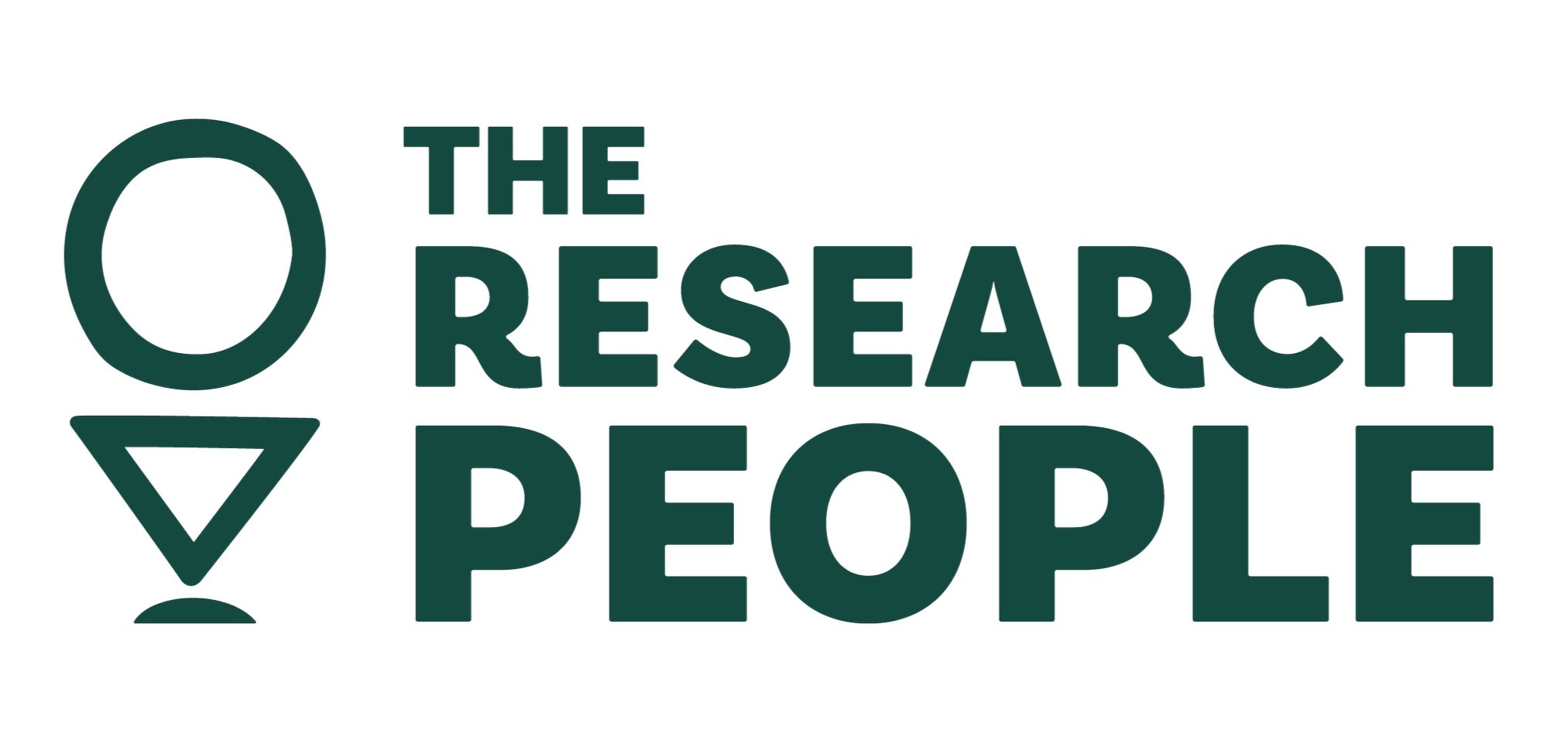MEL partnership with GSMA Mobile for Humanitarian Innovation
Monitoring, evaluation and learning support to GSMA’s Mobile for Humanitarian Innovation (M4H) programme, 2018-2022
GSMA
The problem
Capitalising on the benefits of mobile technology in humanitarian settings has the potential to be transformative, but it is challenging. Infrastructure is limited, political and social barriers affect displacement-affected communities’ access to technology, and humanitarian organisations are still learning about how to safely and equitably deliver mobile-enabled solutions.
Since 2018, GSMA’s Mobile for Humanitarian Innovation team has implemented a programme of work to drive humanitarian innovation and improve access to mobile-enabled, life-saving technology. The M4H programme is based on a learning and research agenda that aims to inform future humanitarian response, catalyse partnerships and innovations for new digital humanitarian services, and advocate for an enabling policy environment.
What we did
To understand how the programme has contributed to improvements in humanitarian aid and document learning, GSMA commissioned The Research People to provide monitoring, evaluation and learning (MEL) support from 2018 to 2022.
In 2018, we produced a baseline report documenting the state of the digital humanitarian sector at the time, the actors within it, existing models for scaling humanitarian innovation, and M4H’s position within the sector.
We developed a MEL framework and supported the team to implement it through a series of annual reviews, using qualitative methods such as ecosystem reviews and outcome harvesting.
In 2022, we produced an endline report, drawing on the data collected during the partnership , in addition to a desk review and interviews, to assess the programme’s overall contribution to change in the humanitarian system.
Making it accessible
Though the majority of outputs for this project were internal, the MEL framework was published online to help other organisations in thinking about their approach to generating evidence within humanitarian innovation programmes.
What HAPPENED NEXT
The endline report made several recommendations to help improve the programme’s impact, as well as future MEL systems and tools. The learning captured over the duration of the partnership was used by the team to develop the next Phase of the M4H programme, which is now being implemented.
RESOURCES
A Monitoring, Evaluation and Learning (MEL) Framework for Humanitarian Innovation Programmes
Research team
Lydia Tanner, Jennie Thomas, Catherine Komuhangi, Liddy Greenaway, Linda Ahimbisibwe, Joanna Knight

